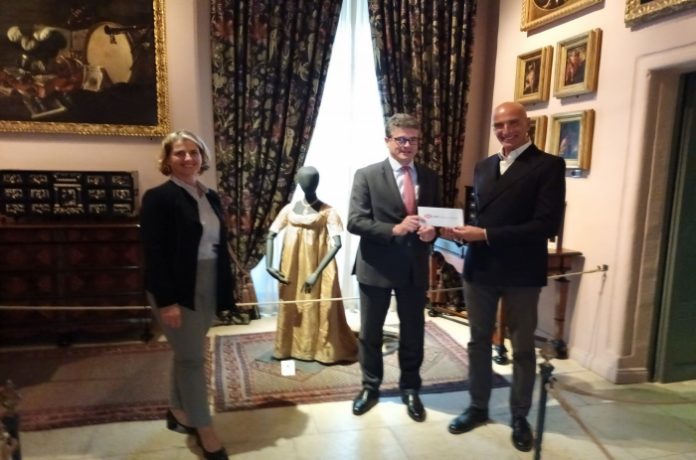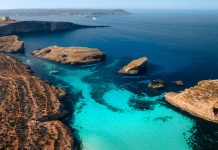Fondazzjoni Patrimonju Malti is celebrating 30 years since it was founded with the aim of
promoting the heritage of the Maltese Islands.
HSBC Foundation has been a proud supporter of Fondazzjoni Patrimonju Malti through its
journey over the years. A journey that has seen Fondazzjoni Patrimonju Malti collaborate and engage with countless professionals, artists, creatives and authors on an exceptional and varied list of projects.
Since it was set up in 1992, Fondazzjoni Patrimonju Malti has established itself as an
authority on the promotion and preservation of the islands’ cultural and artistic heritage,
regularly organising seminars and exhibitions, both locally and abroad, that place the
spotlight on all that the islands have to offer.
Fondazzjoni Patrimonju Malti publishes several catalogues, books and documents about art
and culture every year and has been a driver of original research into Malta’s cultural
heritage.
Most importantly, Fondazzjoni Patrimonju Malti has shown an unparalleled commitment to its audiences, contributors and supporters, by providing unique and high-level cultural
experiences ranging from publications to award-winning exhibitions and productions.
HSBC Foundation will be supporting an exhibition of original 18 th century period costumes
and jewellery at the Historic House Museum at Palazzo Falson in Mdina. Both men’s and
women’s costumes that shaped Maltese society all the way up to the 20 th century will be
featured in vignettes installed in selected period rooms spanning over 700 years.
Simon Vaughan Johnson, CEO at HSBC Malta and Chairperson of the HSBC Malta
Foundation, said: “for a large portion of these 30 years, HSBC have been proudly supporing
FPM to uphold their mission of promoting the Islands’ rich cultural heritage in an engaging
and very relevant way.”
Michael Lowell, CEO of Fondazzjoni Patrimonju Malti, said: “these 30 years of growth have
been characterised by a willingness to keep abreast with the changing times and cultural
demands, while retaining the identity, mission, and hopes with which Patrimonju was first
conceived.”










